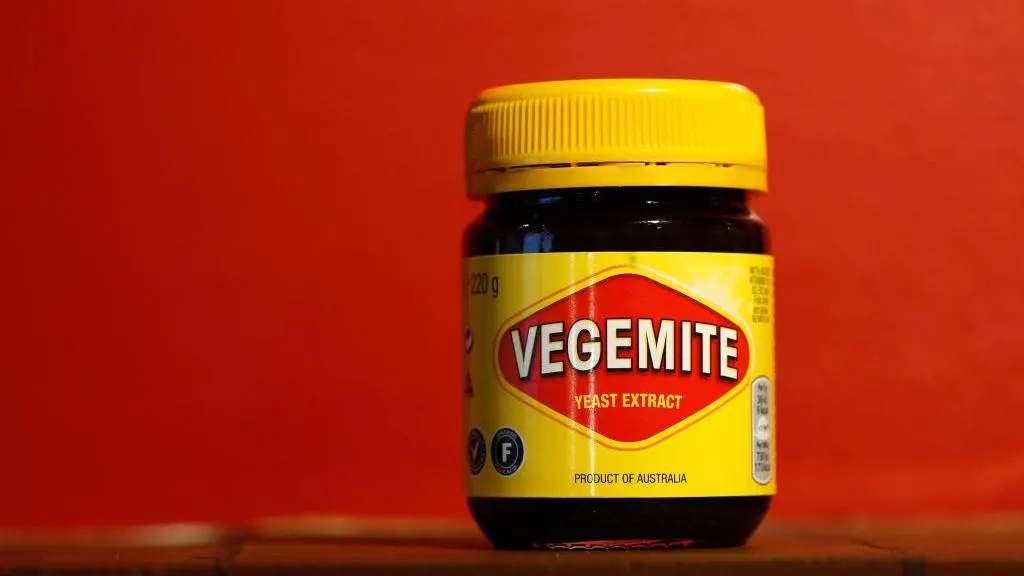News
Australian Inmate Challenges Long Standing Prison Ban on Vegemite

An Australian man serving a life sentence for murder is taking legal action to overturn a long running ban that prevents prisoners in Victoria from consuming Vegemite, the thick and salty spread that has become one of the country’s most recognisable foods. The inmate, Andre McKechnie, argues that the prohibition violates his right to enjoy what he describes as an important part of Australian culture.
Prison authorities introduced the ban in two thousand six, saying Vegemite’s strong smell makes it useful for masking contraband substances and that the yeast based spread can be used to brew alcohol behind bars. Officials maintain that the restriction is necessary for security and order across the state’s correctional system.
McKechnie, who is now fifty four, was convicted in the nineteen nineties for fatally stabbing a property developer in Queensland. After serving part of his sentence there, he was transferred to Victoria, where the ban applies. In his lawsuit against the Department of Justice and Corrections, he claims the rule is unreasonable and infringes on his cultural identity. He also alleges that prison authorities have failed to provide food adequate to maintain his wellbeing.
The case is expected to reach trial next year, according to reports from AP. Legal observers say the challenge has drawn attention not only because of McKechnie’s crime but also because Vegemite occupies a unique place in the Australian national imagination.
First created in Melbourne in nineteen twenty three as a local alternative to the British spread Marmite, Vegemite has since become a household staple. Despite its popularity within Australia, it remains one of the country’s most polarising foods, with its strong flavour earning it a spot in the Disgusting Food Museum in Sweden. There it sits alongside items such as natto, stinky tofu and monkey brains.
In Melbourne, however, the spread is regarded fondly. In twenty twenty two, the city formally recognised the smell of Vegemite drifting from a local factory as a culturally significant feature of the region’s heritage.
The condiment has even sparked diplomatic tension. Earlier this year, a Canadian cafe owner was instructed to remove jars of Vegemite from his shelves for failing to meet local health regulations. The incident triggered public debate and eventually attracted the attention of Australian Prime Minister Anthony Albanese, who said it was strange that Canada allowed the sale of Marmite but not Vegemite. Shortly after his comments, Canadian authorities reversed their decision and allowed the cafe to continue selling the spread.
McKechnie’s case now raises fresh questions about cultural rights, prison regulations and how far correctional systems should go in restricting everyday items. Whether his argument will succeed remains to be seen, but the debate has once again highlighted the unusual influence of a simple breakfast spread.






















